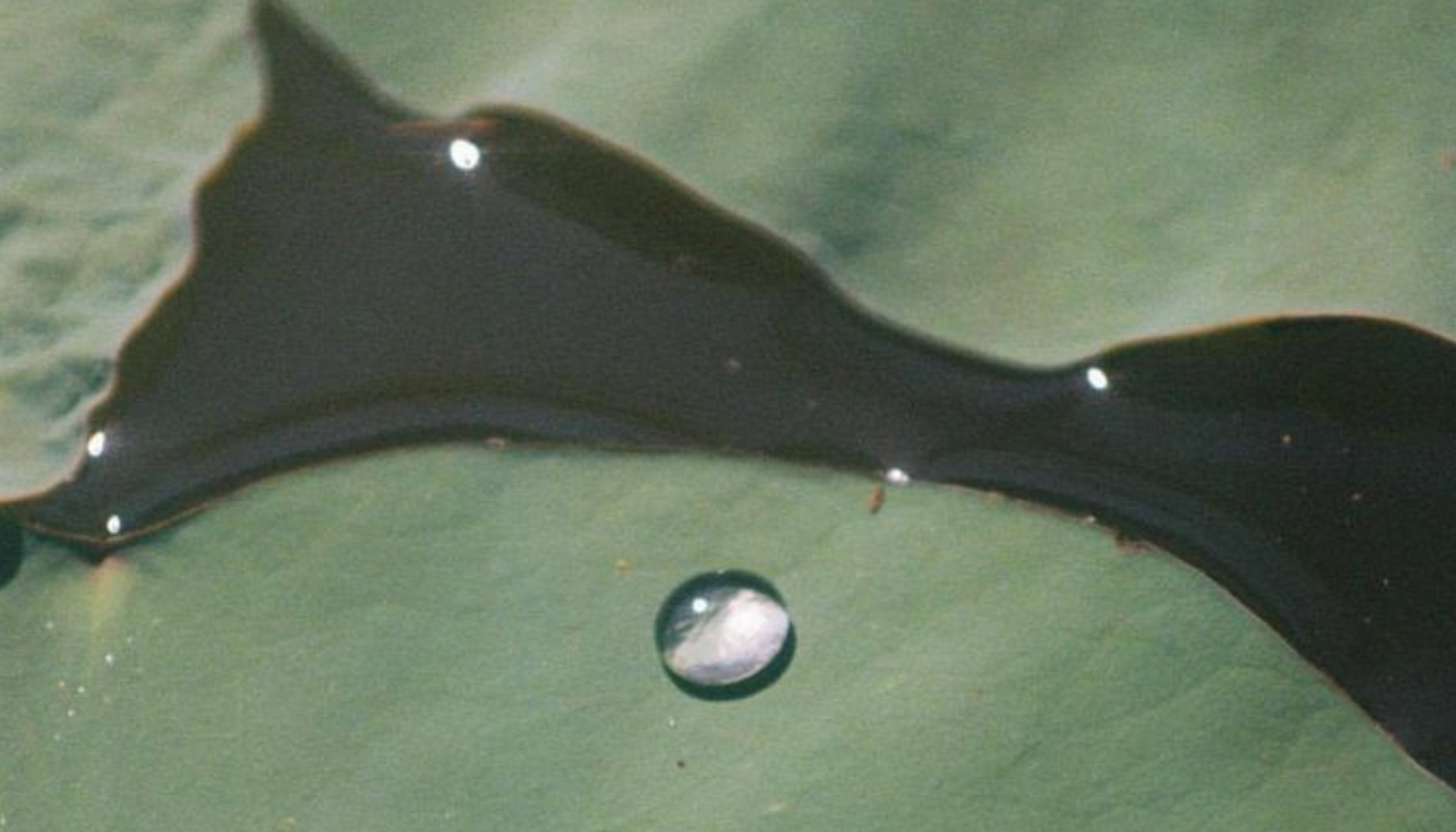In 2024, the skincare landscape continues to evolve, influenced by advancements in dermatology, a deeper understanding of skin health, and environmental considerations. As we become more informed and conscientious about our skincare choices, it's crucial to recognize not only what to include but also what to leave out of our skincare routines. Here's a comprehensive guide:
1. Harsh Physical Exfoliants
While exfoliation is vital for skin health, harsh scrubs (like those with walnut shells or coarse sugar) can cause micro-tears in the skin, leading to irritation and damage. Instead, opt for gentler physical exfoliants or chemical exfoliants like AHAs and BHAs that offer a more controlled and even exfoliation.
2. Alcohol-Based Products
High concentrations of drying alcohols (like denatured alcohol or isopropyl alcohol) in toners, cleansers, and other skincare products can strip the skin of its natural oils, leading to dryness and irritation. Seek out alcohol-free alternatives that maintain the skin's natural balance.
3. Sulfates in Cleansers
Sulfates like sodium lauryl sulfate (SLS) and sodium laureth sulfate (SLES) are effective at removing dirt and oil but can be overly stripping, especially for sensitive or dry skin types. Gentle, sulfate-free cleansers are recommended for maintaining the skin's moisture barrier.
4. Parabens
While the debate about parabens' safety continues, many are choosing to err on the side of caution by avoiding these preservatives. The concern is primarily around their potential as endocrine disruptors. Many brands now offer paraben-free formulas.
5. Chemical Sunscreens with Controversial Filters
Some chemical sunscreen filters (like oxybenzone and octinoxate) have raised concerns due to their potential environmental impact, particularly on coral reefs, and possible health risks. Look for mineral sunscreens or chemical sunscreens with newer, safer filters.
6. Overuse of Active Ingredients
The trend towards incorporating active ingredients like retinoids, vitamin C, and exfoliating acids is beneficial, but overuse can lead to skin irritation and damage. It's important to not overdo it and to give your skin a break.
7. Comedogenic Oils and Silicones
If you're prone to acne or have oily skin, you might want to avoid heavy oils and silicones that can clog pores and exacerbate acne. Non-comedogenic products are preferable for maintaining clear skin.
8. Single-Use Products
Environmentally, the shift is towards sustainability. This includes avoiding single-use products like sheet masks and opting for reusable or biodegradable options.
9. Heavy Makeup Daily
Allowing your skin to breathe and recover from heavy makeup can improve its health. On days off, consider skipping heavy foundations and concealers.
10. Skincare Products with Microplastics
Microplastics are not only harmful to the environment but can also be abrasive to the skin. Look for products that are certified as microplastic-free.
11. Toxic UV Filters in Sunscreens
Apart from the aforementioned chemical filters, avoid sunscreens with other potentially harmful UV filters. Instead, choose products with broad-spectrum protection that are safe for both your skin and the environment.
12. Long and Complicated Routines
The trend is moving away from overly complicated skincare routines towards a more minimalist approach. Focus on a few high-quality products that address your specific skin concerns.




